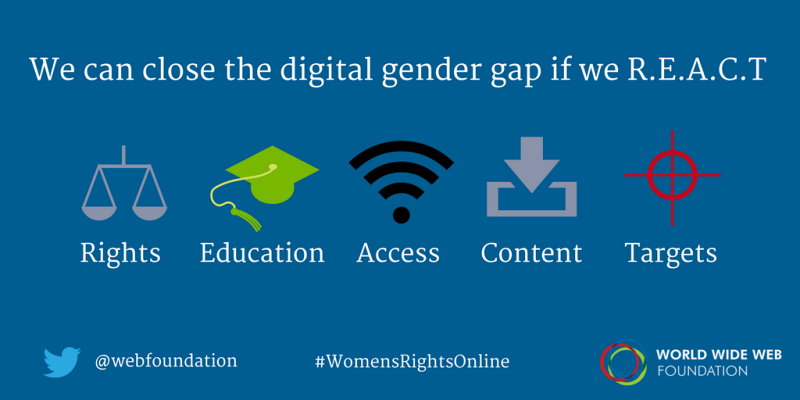International Women's Day: The Urgency to Drive Inclusivity Through Digital Transformation

Digital transformation represents both risk and opportunity for women's inclusion in the workplace, all around the world. The risk lies in low-skilled, often female dominated roles – such as office administration, customer service and certain production roles – becoming obsolete through process automation, advances in robotics and implementation of generative Artificial Intelligence (AI). On the other hand, the opportunity lies in economic growth, and the new jobs that a thriving digital economy will create.
A recent report released by McKinsey & Company indicates that the rise of generative AI – such as OpenAI's ChatGPT – could lead to as many as 3.5 million job roles becoming obsolete in the US, and that women are 1.5 times more likely than men to be affected. Because women are over-represented in lower-wage jobs like office support and customer service, which lend them themselves to automation through AI, digital transformation could see American women struggling to find new employment if workforce development is not handled well, the report says.
The scenario is not dissimilar in Africa where, studies have shown, specific female-dominated industries – such as manufacturing and retail – could see advancing technology reduce jobs dramatically. The concern in Africa is that the 4IR, like its antecedents, could further entrench gender inequalities. This is based on the observation that most women are unlikely to benefit from technological advances, as they do not possess the skills to compete in the emerging knowledge economy.
But inclusivity doesn't have to suffer as the world transforms digitally. According to the final draft of the ICT and Digital Economy Masterplan for South Africa, anecdotal evidence suggests that South Africa's digital economy is growing and contributing anywhere between 2% and 19% to the country's GDP. Another recent McKinsey & Company report – The future of work in South Africa – indicates that digital transformation could result in a net gain of more than 1 million jobs in the country by 2030, and new opportunities for women could constitute as many as 1.6 million jobs.
If this growth is to represent opportunity for South Africans, and especially for women, digital fluency will be a minimum requirement. And the country will need to drive significant transition towards producing higher skilled employees. McKinsey estimates there will be a demand for an additional 1.7 million employees with higher education by 2030.
In South Africa, women actually outnumber men when it comes to holding higher education degrees – 52.3% of graduates are women vs 47.7% who are men, according to the Department of Higher Education's Post-School Education and Training Monitor from March 2021. This, and the fact that technology often removes factors that are traditionally considered physical barriers to women's participation, means that technology adoption could actually see women graduates gain better access to opportunities. But, with only 6% of South Africans – male or female – holding a higher education degree, significant workforce development is critical. As robots take over the heavy lifting – literally – the new jobs created through digital transformation will require more expertise, as well as better people management and development.
To ensure women can play their role in driving digitalisation and adopting technological advances as they mature or new ones emerge, there must be further focus on collaborative special programmes aimed at encouraging young girls and women to pursue their education and career in science, technology, engineering, and mathematics (STEM) fields. Internationally, only 30% of women in higher education pursue STEM fields. In Africa, this under-representation is accentuated by prevailing challenges of educational gaps, skills mismatch, and high rates of unemployment.
Upskilling and reskilling people for a digital-first and data-driven environment is key to minimising job losses as roles become obsolete. Accelerated digital transformation across numerous markets has amplified challenges around skills shortages and mismatch globally – and coupled with remote working trends, it also means that people with highly sought after skills have more choice on where they want to live and who they want to work for. Together this is compounding the need to retain scarce talent, while establishing special programmes to upskill and reskill women who are already in the workplace.
Interventions are needed to better secure talent pools, now and for the future. Clearly Governments, educational institutions and private sectors must make not only a concerted effort but tangible investment in ensuring young women have access to the digital economy if they are not to be left behind. We must ensure they know what skills are required to participate in the 4IR, how these can be applied in a variety of careers, and have access to learning opportunities and the technology needed to enter the digital economy.
By Essie Mokgonyana,
SAS Country Manager & Sales Director for South Africa
